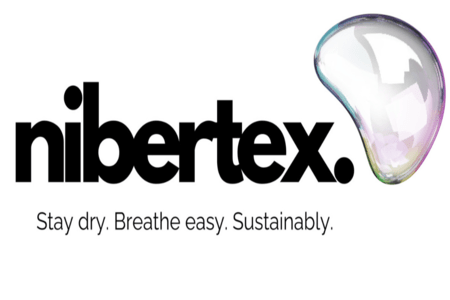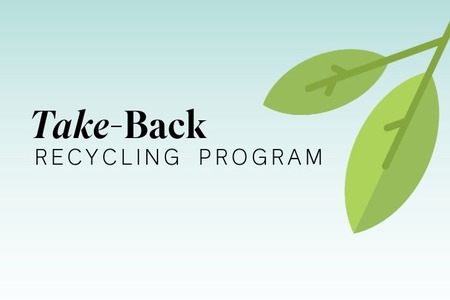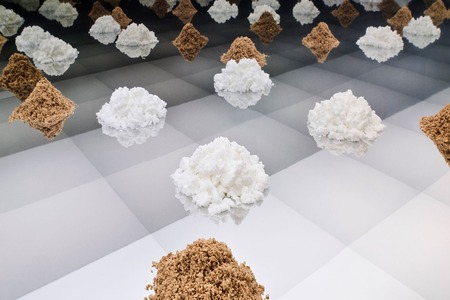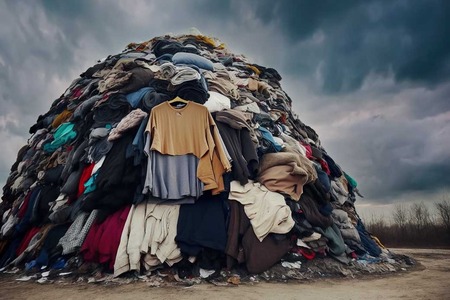
Scientists discover microbes in cow’s stomach that can break down plastic
YarnsandFibers News Bureau 2021-07-05 11:38:15 – AustriaAccording to recent scientific research, bacteria found in one of the compartments of cow’s stomach can be utilized to break down synthetic textiles like polyester.
Researchers at the University of Natural Resources and Life Sciences in the Austrian city of Vienna took fluids from the rumen, the biggest compartment of cow’s stomachs, to find microorganisms that helped them break down their diet of coarse vegetation.
Scientists are hopeful that the discovery of this bacterium may lead to new strategies for combating plastic waste. Rumen microorganisms can break down all three plastics, according to the study, which was published in the journal Frontiers in Bioengineering and Biotechnology. These bacteria can digest polyethylene terephthalate (PET), which is used in plastic bottles, as well as other plastics.
As part of their typical herbivore diet, cows ingest cutin, a natural polyester produced by plants to protect the walls of plant cells. Microbes present in tomato and apple peels, for example, can destroy these natural polyesters. Scientists anticipated that because cow diets contain natural polyesters, the bovine stomach would be teeming with microorganisms that would break down the chemical links in this polyester, as well as the bonds in manufactured polyesters.
Dr. Doris Ribitsch of the University of Natural Resources and Life Sciences in Vienna and her colleagues collected fluids from an Austrian slaughterhouse's rumen, a region of a cow's stomach, to test that idea. Ribitsch estimates that a cow's rumen capacity is about 100 liters.
The researchers then incubated three different polyesters for three days to see how rumen fluids affected them. It was tested on PBAT (a biodegradable plastic often used in compostable plastic bags), PEF (a material derived from plant or vegetable sources), and PET (a synthetic polymer frequently used in food packaging). Each kind was put to the test as a film and as a powder form.
The findings revealed that microbes could break down all three plastics in the lab, with plastic granules breaking down quicker than plastic film.
Instead of taking the bacteria from a cow's stomach, researchers hope to genetically create it, which could subsequently be utilized on a big scale at recycling facilities to help break down plastics.
Market Intelligence
Ask for free sample Report

experience
Customer Base
dedicated team
Countries Served Worldwide









